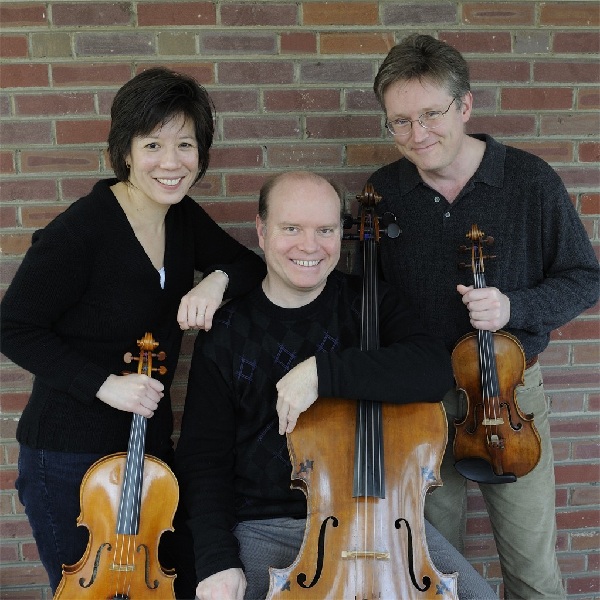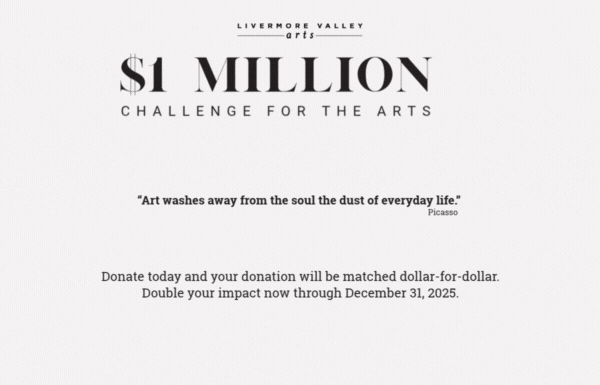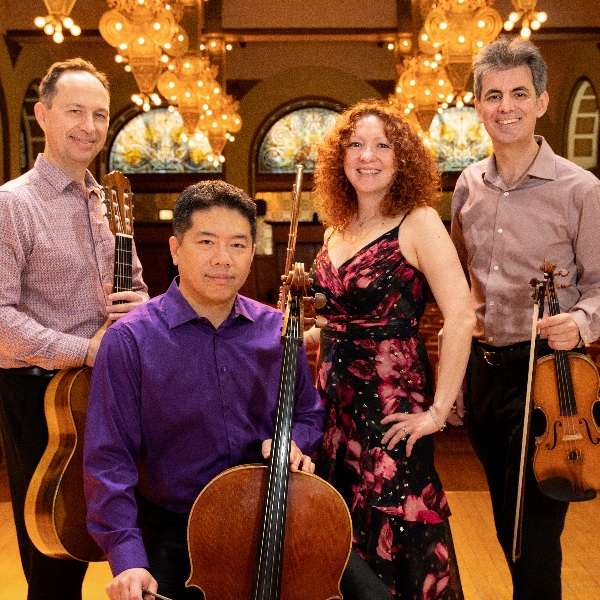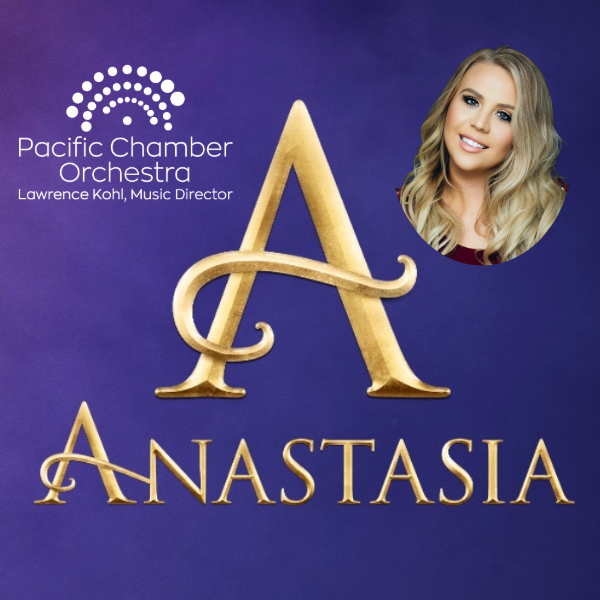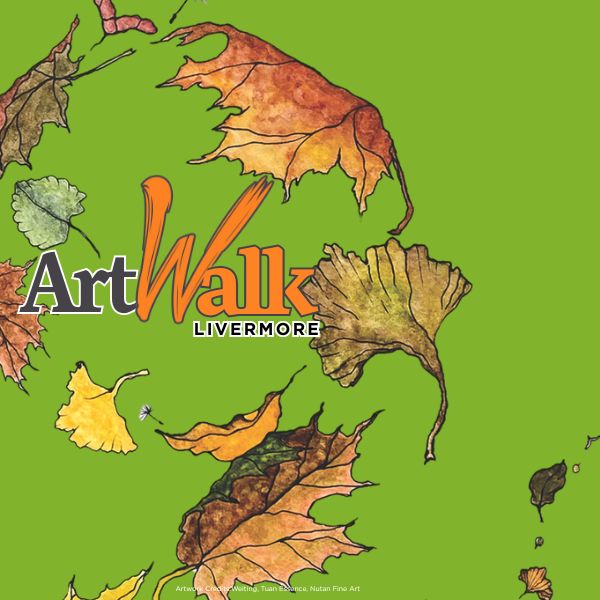Executive Director Chris Carter Chats with Congressman Swalwell on the Save Our Stages Act
Friday, December 18, 2020
CARTER: Hi everybody, my name is Chris Carter. I’m the Executive Director of Livermore Valley Performing Arts Center and it is my privilege today to be talking to our Congressional representative Eric Swalwell. Today we’re going to talk about the Save Our Stages Act which, I’m keeping my fingers crossed, is going to be part of the larger relief package. But before we get into that, Congressman, could you tell me a little bit about your own experience with the Arts and the impact it’s had on your life? I know you grew up and spent some of your formative years out here in the Tri-Valley. Is there anything that comes to mind that you can think of?
SWALWELL: Oh yes, I learned pretty quickly that I didn’t belong in the arts, or at least I belonged in the audience. I took high school drama class and I was in the play Macbeth. And I just loved it, absolutely loved it, but the drama teacher said that the Arts didn’t necessarily love me back! So I have long enjoyed the Arts and, as a city council member and a planning commissioner in Dublin, I have enjoyed seeing the Tri-Valley evolve and become a place that is host to the Arts. Dublin High School, my alma mater, they invested in a performing arts center, which I would have loved to have had when I was a student there.
I have long supported the Arts and in fact, the first Commission I served on, before even going on the planning commission, was the Heritage and Cultural Arts Commission in Dublin. When I was seeking to get involved in Dublin, at first I wanted to run for the City Council. I was all of 25 years old. Thankfully Tim Sbranti said “NO, you’re going to get involved in a Commission.” And I said, “Great, I’ll do the Planning Commission.” He said “No, that’s a high level Commission, you’re going to do the Arts commission.” And I said “Tim, what the hell do I know about Art?” He said “Exactly. Learn art and culture in the community and you’ll be better served.” And I’m so glad he directed me that way.
CARTER: That’s a great story! Tim Sbranti was on our board of directors for a while too and he’s been a great connection for us, so I’m glad to hear that he helped get you going in your career. Can you talk now a little bit about the Save Our Stages Act? In particular, what does it entail and what would we expect to see from it?
SWALWELL: It’s bipartisan legislation and I’m a supporter. It would effectively give small business grants. Not loans, grants. Money that would not have to be paid back. It would go to what is narrowly defined as independent live venue operators, promoters and talent representatives. People, like at the Performing Arts Center in Livermore, who have been affected by this. Because of COVID restrictions, we have not been able to have these live venues operating. And we know it’s not only the talent that’s on the stage, but it’s the people who are behind the curtain offstage, workers in concessions who have also been affected and have lost their jobs. So it would be direct grants, but would also allow recipients of the grants to use the grants for costs incurred because of COVID. So if you’re spacing out seats in the theater or having different sanitation checkpoints or temperature checks or you have to administer a vaccine check, it would help you pay for that. It’s so needed.
“…we know it’s not only the talent that’s on the stage, but it’s the people who are
behind the curtain offstage, workers in concessions who have
also been affected and have lost their jobs.”
The best allies we have on this in Congress, I think, are Speaker Pelosi, who represents San Francisco and a number of stages in San Francisco, and Chuck Schumer in the Senate, who represents the state of New York and is the leader on the Democratic side in the Senate. And Leader Schumer has Broadway [in his district] so I think we have a good shot . If we can’t get it in this short-term relief package that we’re doing in the next 48 hours, I think in the first 100 days of the Biden Administration, we can get it through. So I know our stages are hurting and just thank you all for working so hard to get by and making sure we’re aware of what the need is.
CARTER: You know, I think we all really appreciate that. I could tell you from our own experience, when we had to close in March, our staff got reduced by 85% immediately and the remaining staff took a big pay cut. We’re now part of a larger group that’s formed, the East Bay Venues Coalition, and a lot of those places are in your district. I was surprised to see right now it’s about 25 stages in Alameda County. We kind of checked with ourselves to see “What’s your operating costs annually?” “What are your expenses?” And we found, collectively, that we contributed about $250M to the local economy. And that doesn’t even include a lot of data that shows when people come to a performance, for every dollar spent, they’re going to spend $12 in the community. How does that align with your understanding and can you talk about more about the economic impact of the Arts?
SWALWELL: That’s right. So around the corner from the [Bankhead] Theater is CREAM, the ice cream shop, if people are not going to the theater they’re not going to get an ice cream after, so there’s a collateral effect in the community that we’ve just identified. That’s what we’re really trying to get at. Who has been affected because of having these large venues [closed], where tons of people would gather and then afterwards or before would spend dollars that keep other businesses thriving.
We also hope that this [relief] package, even if we can’t get Save Our Stages in the short-term package, that it will reload the Paycheck Protection Plan. Obviously a lot of businesses and nonprofits benefited from the PPP. It gave 10 weeks of payroll in essentially a grant form, because if you use the program and used the loan properly, it became a forgivable loan. So we do expect there will be an extension of PPP, that it will be reloaded. I don’t know how many weeks, we’re still negotiating that, but we do know that need is absolutely there.
CARTER: I have to tell you that was a real lifeline for us. We applied for that right away and I don’t know if I would be here talking to you right now if that hadn’t come through, so we really appreciate it.
SWALWELL: Glad to hear that. We did a couple rounds of it and we realized immediately that the banks, because they were getting 4-5 percentage points on each loan, that they were prioritizing the biggest loans. Because the loans were up to $10M, so if you’re a bank, you’re trying to make the most money on the points, so you’re going to put all the $10M loans first and process those, because you’re going to make more money. The smaller loans are going to get processed later. I think that was in the wrong order, so we dispersed the money to smaller, more community banks in poorer areas to try and make sure everyone was getting it. So if there was any fault or flaw in the program, it was that we didn’t anticipate how some of the banks would be doing that. But I think we did fix that and I know in the next roll-out, we’ll anticipate that we have to solve for that.
CARTER: I can tell you Fremont Bank is our bank and they did a wonderful job. They’re awesome! Now could you talk about anything you’d want to tell us and the other operators and venues? Anything you want us to know.
SWALWELL: I would want them to know that I’ve also been working with a theater association, the National Association of Theater Owners, who are almost in the same position that you’re in and the goal is obviously to have a safe environment. I’ve not talked to a single operator who wants to put their audience members at risk or their cast or employees. It’s just, “What can we do to space people out?” Everyone is obviously facing forward in the theater, in the symphony they’re looking forward, and that puts you in a better position than people facing each other.
There’s the issue of making sure if you serve food, recognizing that you have to sanitize, whether it’s just limiting interaction between people in the common food area. But I do recognize and appreciate that in order for some of your venues to operate, the food concessions are important and pays for a lot of operating cost. So if there were prohibitions on food, that would limit your ability to open. I want you to know I hear the issues you have. I want you open as quickly as possible. And if you can’t open, I want you to have a grant that allows you to have a bridge to the other side.
“… the goal is obviously to have a safe environment …. I want you open as
quickly as possible. And if you can’t open, I want you to have a grant that
allows you to have a bridge to the other side.”
CARTER: Thank you. You know, one of the things that I think is really remarkable about this particular Save Our Stages act, and you said it before, is the bipartisan support of this. It seems pretty overwhelming and you don’t see that very often nowadays. Traditionally the Arts are not always at the top of mind when you think of support, philanthropic or otherwise. Is this a signal of things to come in the future? Have we crossed to where now there is going to be more of that in the future? What are your thoughts on that?
SWALWELL: I hope absence makes the heart grow fonder. That not being able to go to a performance makes us realize how much we miss it, and how important it is to our lives and our kids’ lives too. I can’t wait to take my kids to see the next Minions movie that was delayed. Usually taking kids to the theater is a nightmare for parents but I can’t wait to get to a performance. I hope that we recognize how much we miss live venue productions and that we go back and support venues as soon as they’re open. And that you have a way to stay in business until we get to that point.
“… not being able to go to a performance makes us realize how much we miss it,
and how important it is to our lives and our kids’ lives too.”
CARTER: Thank you. Now I’m going to put you on the spot for just a second. One of the things I like to ask a lot of people, and you’ve been to the Bankhead Theater, who would you want to see us bring to perform? Is there a particular performer or artist that you’ve really wanted to see?
SWALWELL: Well, I cold-pitched Taylor Swift on a get-out-the-vote video a week before the election and asked her to license the song – to donate the song – and I didn’t know anyone in her universe. But it made its way all the way to her and she agreed. She donated the song to us, it’s the first time she’d ever done that. So I’m a Swifty…
CARTER: Well, maybe you can help us make that connection! We do have Vanessa Williams coming in the fall for our Gala, so I’ll make sure you I send you an invite. Thank you very much. Really appreciate your time, I know you’re super busy. Good luck with everything. Have a great holiday!
SWALWELL: You too. Thank you and thank you to everyone with the Performing Arts Center. Hang in there and I look forward to seeing you all!
Just 48 hours after this interview, Congress agreed on a Relief Package that, if passed, will include $15 billion in funding for the Save Our Stages Act.
WATCH THE INTERVIEW NOW


